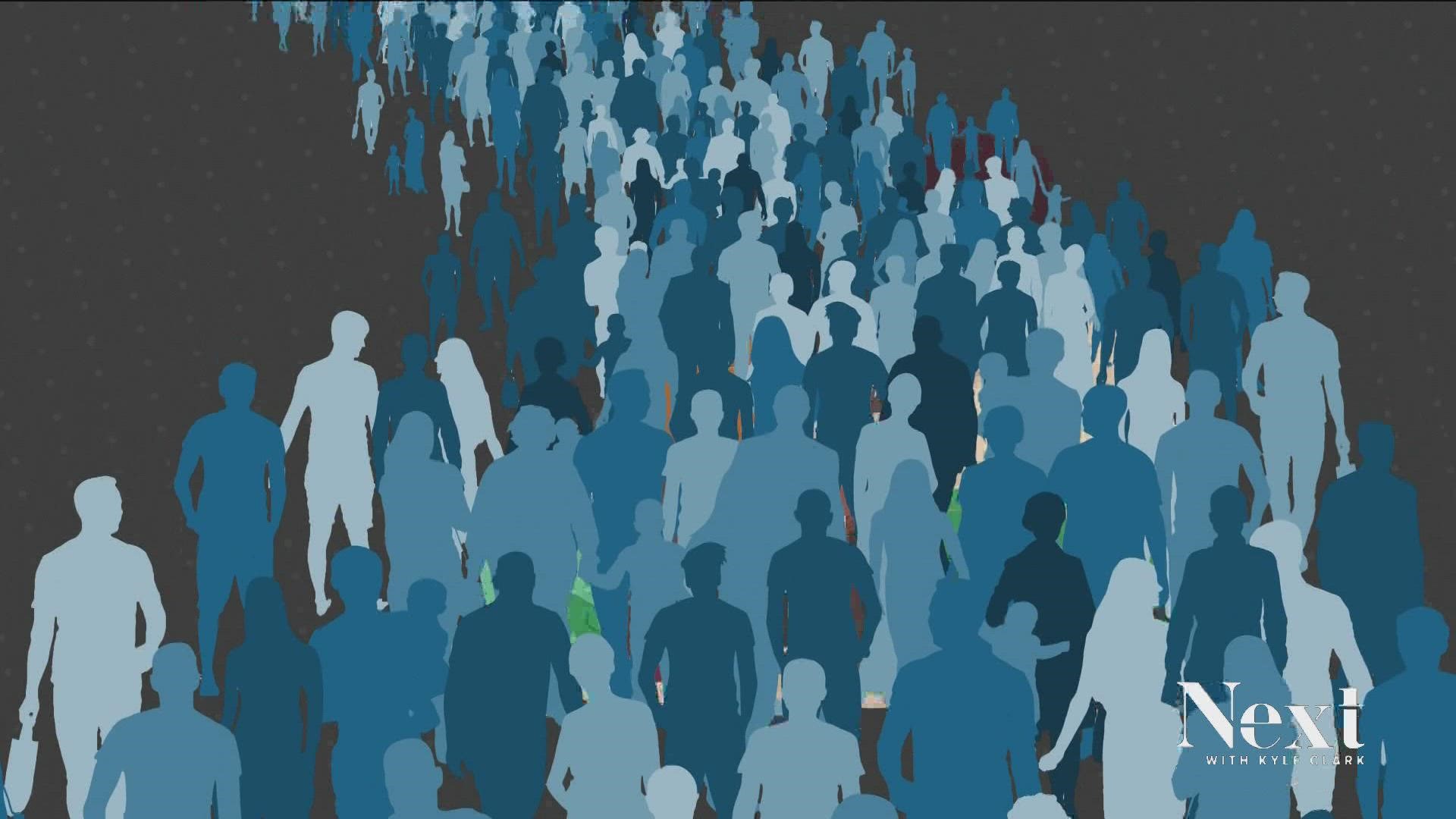DENVER — Denver's Department of Public Health said the numbers are showing what's been anecdotally shared for so long.
More people are facing substance use issues and looking for behavioral health help, but finding those resources is a big challenge.
How many people are denied?
Over the last several years, anywhere from 13-16% of people in Denver trying to get help were denied, according to the city.
That means they couldn't get an appointment because there wasn't any space, they couldn't afford it, insurance didn't cover it or cover it enough, or the wait was too long.
As bad as that sounds, it's better when compared to national numbers, which Dr. Rob Valuck, an addiction expert, said sit at around 80% for folks who can't help when and where they need it.
Wait times?
They can vary.
The Behavioral Health Administration said:
"On average, over the past year, people in Colorado seeking outpatient substance use disorder services at a facility licensed by the Behavioral Health Administration (BHA) are offered an appointment within 3 days. 73% of our clients are offered a same-day appointment and 88% of clients are offered an appointment within a calendar week."
Meanwhile, the CEO of Mental Health Colorado said a family's child who was suicidal was able to get help from crisis services right away but couldn't get an appointment to see a psychiatrist for 60 days. Others have waited as long as 30 to 90 days.
What's happening to fix this?
DDPHE has put in a larger-than-usual budget request that would go toward city staff coordinating among services, understanding barriers and exploring other possibilities.
"Maybe with this funding, we could step in almost like gap insurance or we could pay additional dollars for certain types of services for certain types of folks," said Tristan Sanders with the city. "And expand provider accepting patients coming in on Medicaid and Medicare."
While Medicaid does cover a spectrum of treatment options, reimbursement rates aren't always where they need to be to make financial sense for providers.
With this comes questions about beds: The longest waits are for those who need in-patient care.
So, the city is looking at ways to expand bed capacity by exploring mixed-use. Sanders said they would work with providers, increase mix of services and use beds for different purposes.
"There is a system of care out there," Sanders said. "Hopefully it's getting better."
City council is expected to vote on the budget in early November.
SUGGESTED VIDEOS: Next with Kyle Clark

